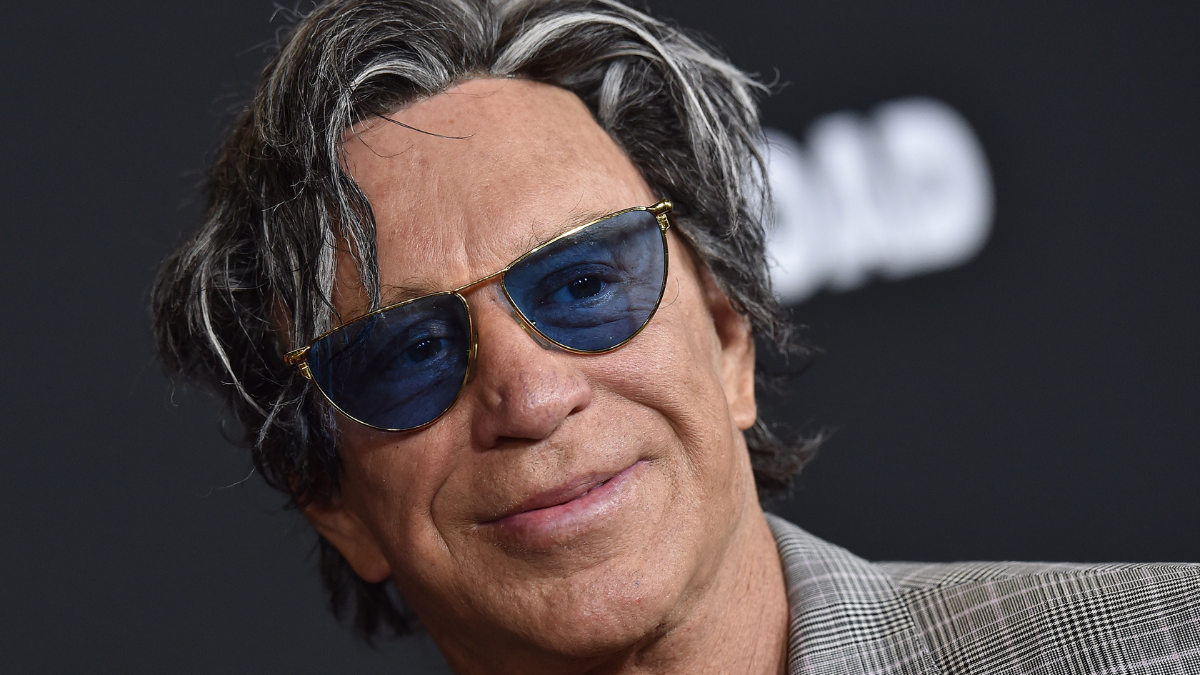A funny thing happens when you’re as famous as Taylor Swift. You sort of stop being, from the perspective of the public, a person.
That’s the argument that Swift’s team is making in the wake of a New York Times op-ed from January 2024. The piece, to which they’ve attached words like “invasive, untrue, and inappropriate” and described as indicative of “a Taylor-shaped hole in people’s ethics,” was written by Anna Marks, who is no doubt having a stellar time on social media right now. It’s complicated, but the basics go like this:
What is the Taylor Swift-New York Times op-ed controversy?
Marks, as relayed in her op-ed, “Look What We Made Taylor Swift Do,” has theories about Taylor Swift’s sexuality. Taylor Swift, by way of her representation, would very much prefer it if Marks found a place to express said theories besides The New York Times.
Calling the piece “speculative” is generous. Echoing many Taylor Swift fans on the internet, Marks follows a Pepe Silvia-style red yarn conspiracy trail of supposed LGBTQIA+ breadcrumbs, purportedly dropped by the most popular musician on the planet. She points to Swift’s hair color in music videos, her past statements about the frequently homophobic nature of the country music industry, and a litany of Oliver Stone-worthy, circumstantial clues that Swift is secretly a member of the queer community, desperately searching for a way to come out, trapped in a tower of her own success like a world-famous bisexual Rapunzel.
“This article wouldn’t have been allowed to be written about Shawn Mendes or any male artist whose sexuality has been questioned by fans,” Swift’s reps said of the piece in a statement to CNN.
Swift, for her part, has been fairly vocal about her support for the LGBTQIA+ world, and the fact that she’s not personally a member. In 2019, she briefly described to Vogue the complexities of being an “advocate for a community that I’m not a part of.” This and other interviews, along with her high-profile relationships, have done little to dissuade parties convinced of her “secret” life.
Marks’ piece distinguishes itself from previous speculation on the topic of Swift’s sexuality almost entirely in scale. It also adds itself to a list of frequently attention-grabbing op-eds in The New York Times that have been widely viewed as at best sensationalist and at worst irresponsible, with a 2023 opinion piece titled “In Defense of J.K. Rowling” (which inspired around 200 of the paper’s contributors to denounce its editorial practices) probably being the best example.











Published: Jan 6, 2024 04:27 pm